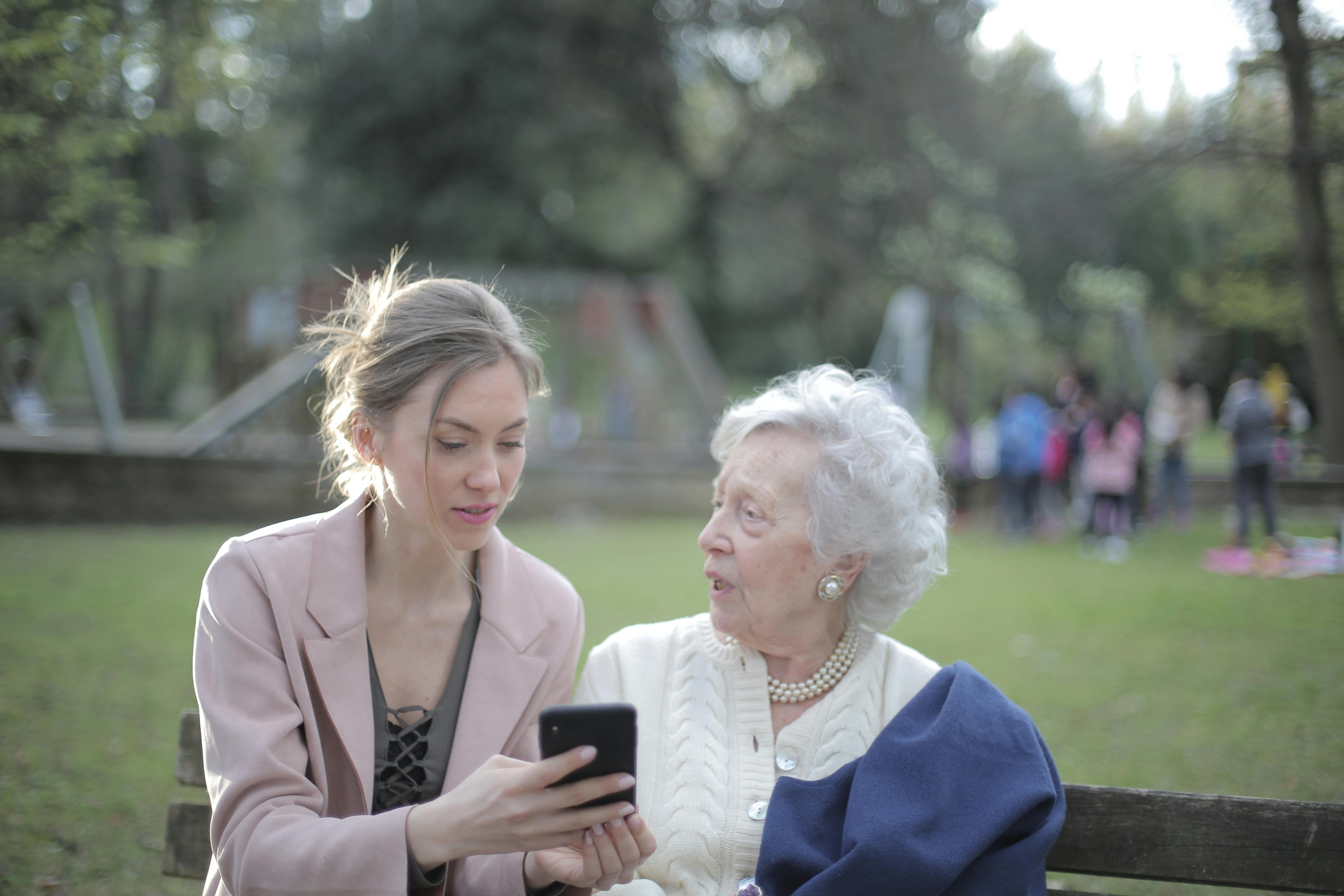
7 Foods to Avoid to Ease Brain Fog
admin
- 0
“The wise man should consider that health is the greatest of human blessings. Let food be your medicine.” – Hippocrates
It is essential to understand that food reflects how we feel and this is especially true for those struggling with brain fog (depersonalization) and other anxiety reactions. Some foods fuel the system and help maintain stable levels of serotonin and blood sugar. This leads to an acute feeling of well-being. Other foods do the exact opposite, often triggering anxiety, panic attacks, feelings of brain fog, and even phobic reactions. That’s why it’s important to know which foods will work for you and which foods to avoid if you’re experiencing anxiety reactions.
Foods to avoid:
1. Sugar: Sugar will temporarily induce pleasant sensations in the brain and body, but over a short period of time these feelings will subside and collapse, leaving the individual feeling confused, anxious, irritable, hungry, and lethargic. Anyone who has struggled with anxiety or brain fog will find that sugar is their number one enemy. It will also disrupt sleep patterns and exacerbate feelings of OCD and panic attacks. Giving up excessive use of sugar provides such dramatic relief that this in itself demonstrates the fact that sugar is detrimental to anyone suffering from mental fogginess and anxiety. Remember that chemical sugar substitutes are just as harmful.
2. Alcohol: Alcohol is known to many as “liquid sugar” as it has the highest glycemic index. It will temporarily lift your spirits, but you pay a high price for this fleeting illusion. Alcohol also affects blood sugar levels, feelings of well-being, serotonin levels, and produces feelings of intense brain fog, anxiety, sleep disruption, irritability, and an inability to maintain stable blood sugar levels the day after for drink. One often experiences spikes and crashes in blood sugar levels the next day as the body attempts to restore stable blood sugar levels. This results in discomfort and increased brain fog along with a plethora of anxiety symptoms for anyone who has experienced this effect.
3. Caffeine: Unfortunately, caffeine, found in a multitude of substances, is a very difficult chemical to tolerate if one is sensitive to brain fog and anxiety reactions. It speeds up metabolism, increases heart rate, creates irritability, improves anxiety reactions, and is found in many foods that we normally eat. Yes, we all know that coffee and tea contain caffeine and it is essential to replace these beverages with decaf versions, but there are some decaf brands that still have a degree of caffeine. Some coffee shops that offer decaf substitutes have tested their decaf and some still rate high on the caffeine chart. Your best test is how you feel after using these brands. Trust me, your body will alert you. Also, herbal teas are, for the most part, caffeine-free, but there are many that are. Take a look at your green teas and be sure to select those that are decaffeinated, as even small doses of caffeine will have an effect on a sensitized body. Chocolates also carry a load of caffeine, some more than others. Avoid dark chocolates as they are higher in caffeine.
4. Certain food additives: Sorbitol, xylitol, and mannitol are chemicals used to sweeten foods and products that we often use on a daily basis. They are found in beverages, desserts, cereals, mouthwashes and toothpaste. Not only do they create mental fogginess and anxiety issues, but they also upset your stomach and add to your IBS symptoms, even if you’ve never experienced IBS in the past. They are best avoided because they have no benefit for people with brain fog or anxiety.
5. Low-Fat Products: Anytime you see “Low-Fat” on labels, you know that fat has been replaced by SUGAR. This is easily recognized by reading the labels of all low-fat foods. Don’t be fooled by “low-fat” claims because the fat-replacing sugar will do a good job of adding fat to the body, and in some cases more than the original fat.
6. Healthy Juices: Juices are delicious and often provide high levels of vitamins, essential for good health, especially vitamin C. That’s why I’m not saying avoid juices altogether, but suggest adding water to your 100% breakfast juice and by doing so, you’ll avoid the huge sugar rush associated with this product. You’ll still reap the benefits of juice without the side effects of excess sugar.
7. Healthy Snacks: Read labels carefully. Most of these “healthy snacks” contain much more sugar and chemicals than you want to eat. For years, people ate products like low-fat granola bars and rice cakes, believing they would keep a good figure and feel healthy too. Not true. Your blood sugar levels spiked and so did your feelings of brain fog and panic.
There are so many “clean” foods one can get that help maintain a healthy mind and body. Furthermore, it is essential to learn how to use protein to produce balanced and stable blood sugar levels. One is really able to choose the way one wants to feel once one learns the basics of good nutrition, especially for feelings of brain fog and anxiety condition. Shop smart by directing your cart to the market peripheral. This is where all the fresh food is placed. Avoid those middle aisles filled with processed and refined foods.
Eating right, along with learning to think right, will give you the benefit of removing all feelings of brain fog and anxiety reactions.
Take the time to learn what foods work for you. It’s worth the effort because you deserve to feel your best. It is your choice and by doing so you can create a clear mind and a body that remains calm and relaxed. It’s always your choice, so take responsibility for your good health by learning the natural path to a greater sense of well-being.

